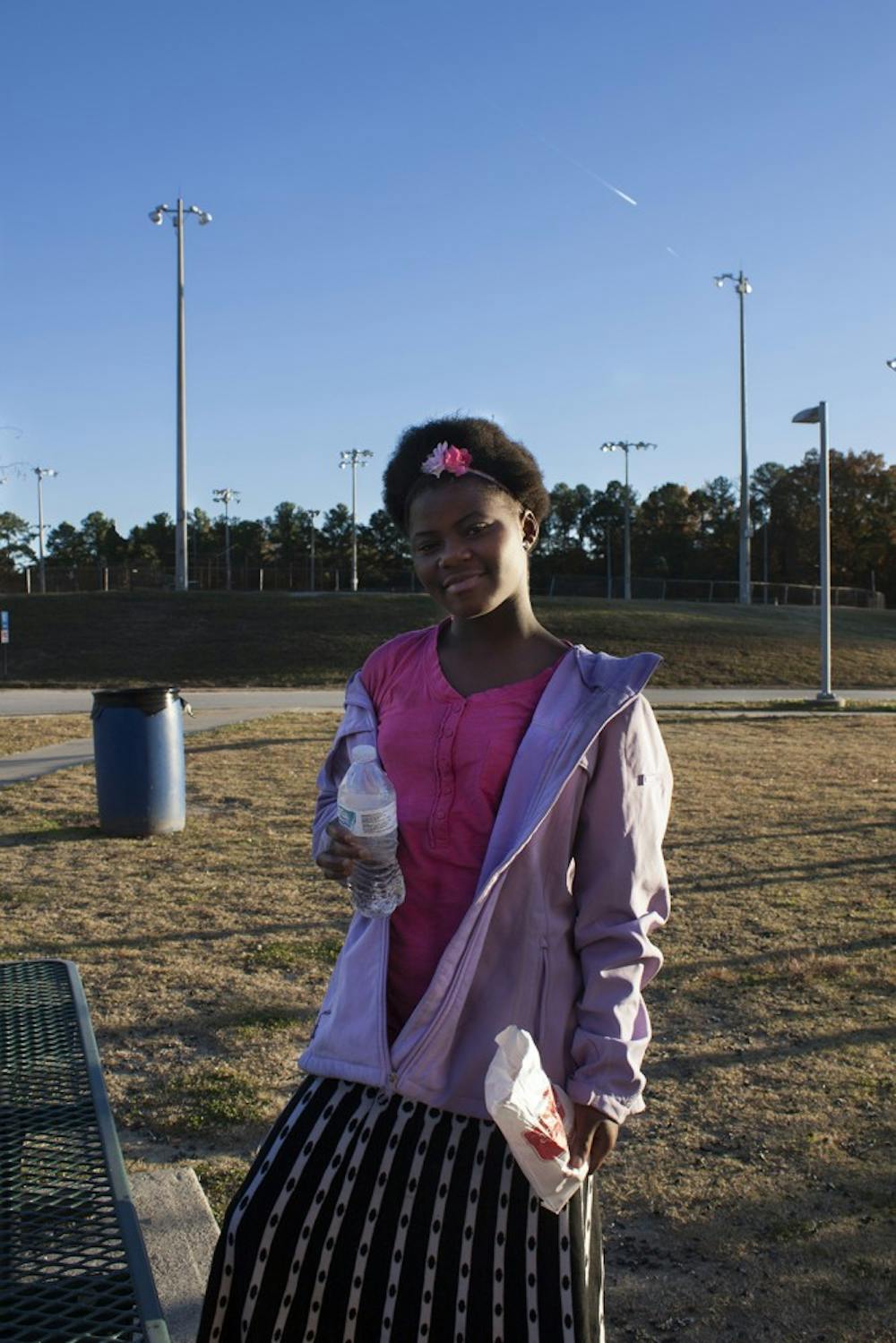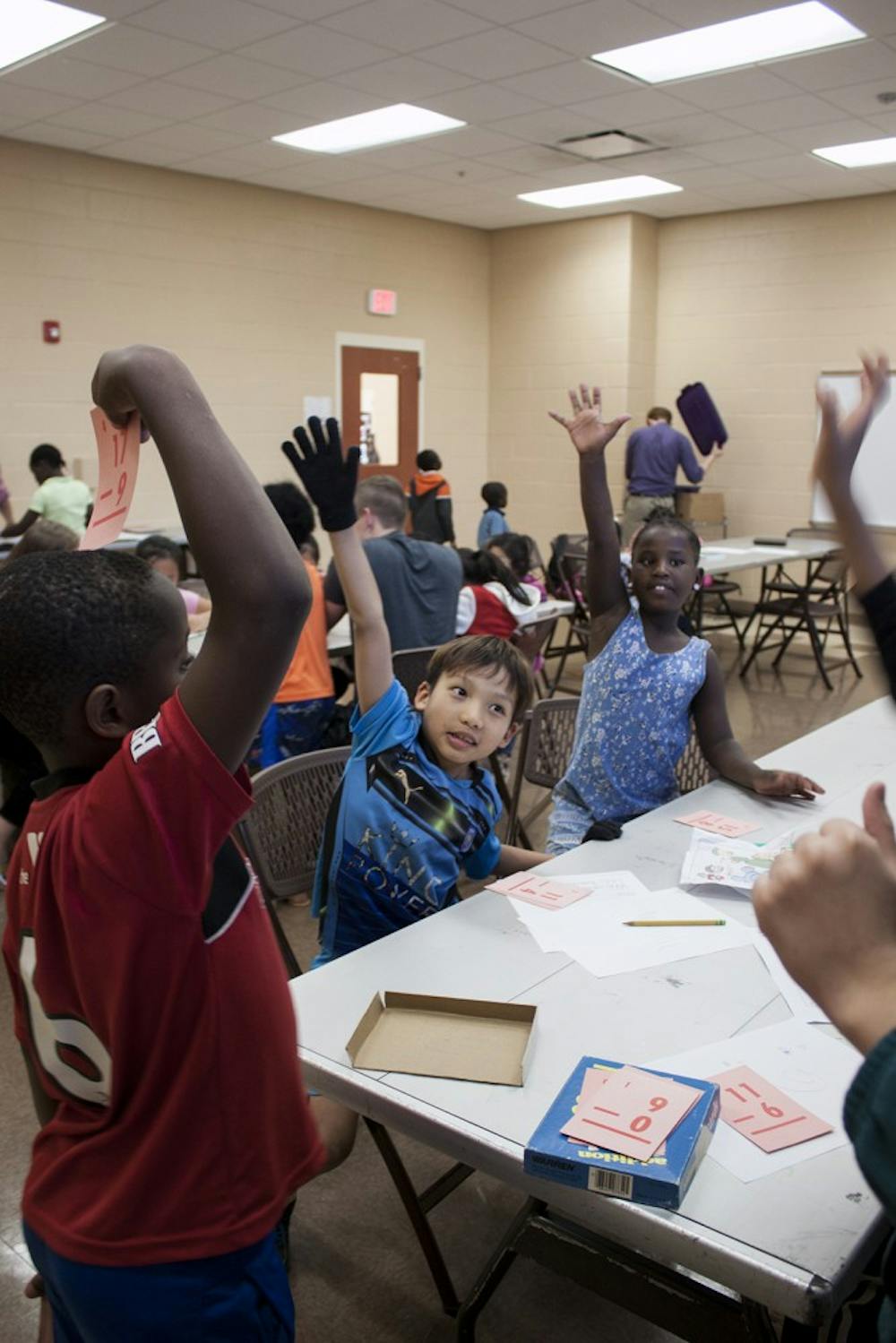We hear about tragedies every day. News about the genocide in Myanmar or the ongoing war in Syria filters in, and recognition of these events also accompanies our sense of limited locality. Often, these tragedies feel a world away.
This mentality is changing. Within the past year, Columbia has taken in refugees from countries such as Myanmar, Iraq, Syria and the Congo. Easing the transition into living in the United States has been a major concern for South Carolina and USC undergraduates, professors and alumni are at the forefront of a solution.
The Carolina Survivor Clinic is an organization that uses community-based approaches to help nourish the mental health of these vulnerable populations. Founded by Rajeev Bais, a clinical assistant professor of Internal Medicine from the USC School of Medicine, the organization sponsors tutoring, conversational classes, a scholastic soccer program, the Carolina Survivor Farm and Garden and clinics for refugees.
Cal Hilsman, who earned a master's in social work from USC, coordinates the programs efforts to aid the refugee population.
Hilsman said that the resettlement agency in Columbia provides “those essential needs like housing and job placement." Prior to the CSC’s founding in 2015, there “was nothing that helped people with their mental health and really enhanced their lives.” CSC aimed to fill that void.
"Trauma survivors ... what happens is you start to feel isolated, you feel like you're alone, you lose a sense of community," Hilsman said. "If you're involved in a community and creating, being active, learning and doing things together that's chief for mental health."
The Carolina Survivor Clinic holds volunteering sessions on Mondays and Tuesdays in a recreational center outside of Columbia, about a 20-minute drive from USC’s campus. It has large soccer fields, a main building and a small playground where students walking from their apartments meet with friends before the start of tutoring.

After time outside, the kids walk through a gymnasium into a classroom where they will work on homework and speaking activities with USC students. Sessions include everything from lively subtraction games to groups of students writing short fiction. Once tutoring ends, soccer practice through the scholastic soccer program begins. Across the field, kids split off into groups to scrimmage and chat with friends.
Melissa Slade, a third-year public health student, said volunteering with the Carolina Survivor clinic has been an opportunity to “learn from each other, whether it be culture, language, patience, positivity, persistence, resilience.”
Slade said that the challenges that refugees experience do not end with their time in a turbulent country.
"After resettling in Columbia, however, their challenges aren’t over," Slade said. " Language barriers, prejudice from others, and their own physical and mental scars from their experiences remain."
Hilsman encourages USC students to get involved, saying that students should look at volunteering as a “learning opportunity for yourself” and a “chance to really bond with an adult or student and impact their lives tremendously.” He added, “It means so much to everyone involved, myself included.”
As the number of refugees continues to grow, CSC aims to have enough volunteers to give each refugee individual training. USC undergraduates are also rallying students to try and reach this goal.
Alexis Vetack, a second-year BARSC student, is creating an organization called Gamecocks Aiding Refugees in Columbia with Slade this coming semester. Vetack said that the club will help “advocate for more volunteers as well as fundraise for additional supplies and learning materials to keep the kids engaged and make learning fun.”
Both Vetack and Slade hope that future volunteers will become familiar faces for their students. As Slade said, these “small things add up if you do them consistently, and can really have a positive effect on the lives of these survivors."

